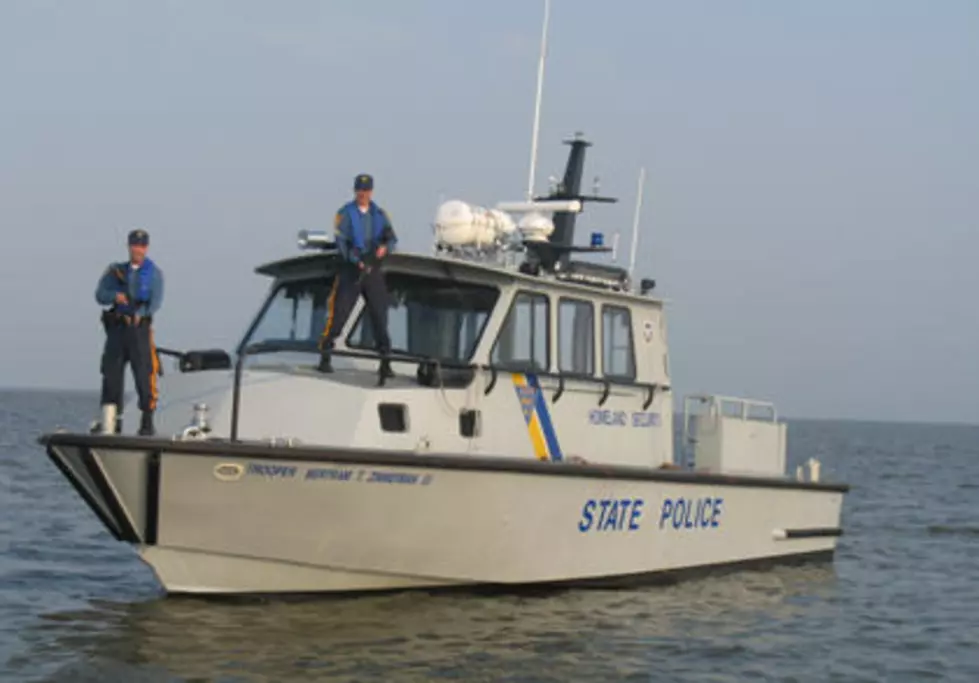
Early Season Boaters Urged to Wear Life Jackets by State Police
New Jersey State Police, hoping to prevent early season boating deaths, issue an advisory to mariners as the weather continues to warm. The gist of the advisory? Wear a life jacket when venturing out on a boat.
Trooper Christopher Kaye says the big concern is the cold water impact on the human body. "Despite the fact that the weather and air temperatures are warm, currently, the water temperatures now are still in the 40's and 50's. The fact is the human body cools down 25 times faster in cold water than it does in cold air."
However, hypothermia is really not the big worry here. Kaye says it's drowning. He says even many seasoned swimmers and boaters don't realize that when someone falls overboard into cold water it triggers an "Involuntary Gasp Reflex", forcing a person to immediately exhale. He says this will be followed by an uncontrollable gasping for air but in many cases the person takes in water instead, panics and drowns.
Kaye says "the best defense is to wear a PFD, Personal Floatation device approved by the U.S. Coast Guard and he says the State Police would like to emphasize as strongly as we can that not only do you need to have a PFD with you, you should have the PFD on."
However, boating accidents and fatalities appear to be on a downward trend nationally. The National Recreation and Boating Safety Survey shows 659 boating fatalities in 2011. That's down from 672 in 2010. The State Police credit boating safety courses with a strong emphasis on wearing life jackets.
State Police offers a list of Boating Safety Tips.
Boating Safety Tips
Always wear a life jacket. Life jackets are an essential component to safe boating. There are many styles of life jackets available for a multitude of purposes including both extreme heat and cold.
Life Jackets Must Be:
· US Coast Guard approved
· In good and serviceable condition
· The appropriate size for the intended user.
· Wearable lifejackets must be readily accessible.
· You must be able to put them on in a reasonable amount of time in an emergency (vessel sinking, on fire, etc.).
· They should not be stowed in plastic bags, in locked or closed compartments or have other gear stowed on top of them.
· The best lifejacket is the one you will wear.
· Throw-able devices must be immediately available for use
Prepare properly
· Place your mobile phone in a waterproof plastic bag and keep it on your person.
· Leave a "Float Plan" with a close friend or relative. A blank float plan can be found on page 43 of the New Jersey boating Safety manual. The boating safety manual is available on the Marine Services Bureau web-site at http://www.njsp.org/maritime .
· Check the weather forecast
· Speak with locals to learn about local boating hazards
· Bring charts and maps of the area
· Check all safety equipment including VHF radios, GPS devices, emergency locator beacons and flares
· Pack a first aid kit robust enough for significant injuries that could occur while boating/hunting/fishing.
· Pack food and water, even for a short trip.
· Make sure your boat's drain plug is in place
Dress to protect against hypothermia
Water temperature below 90 degrees is considered cold enough to cause hypothermia. Body heat is lost 25 times faster in water than in air of the same temperature. Dress in layers that will trap body heat even when wet. Wool and Polypropylene are good materials for such conditions. Avoid cotton fabrics.
Follow all boating regulations
This includes having a wearable, Coast Guard-approved PFD for each person on board. Vessels that are 16' in length or greater must also carry at least one type IV (throw-able) PFD. Check the capacity plate of the vessel and be certain not to overload or overpower the vessel.
If you should find yourself in the water
Relax and stay with the boat. If your vessel has capsized, try to climb out of the water and on top of your capsized boat to await rescue. Do not worry about trying to salvage gear. Anything that falls overboard is worthless compared to the value of your life.
Additional Maritime Information
For more information about New Jersey boating laws and regulations, please visit the New Jersey State Police, Marine Services Bureau website at: www.njsp.org/maritime .
More From 92.7 WOBM

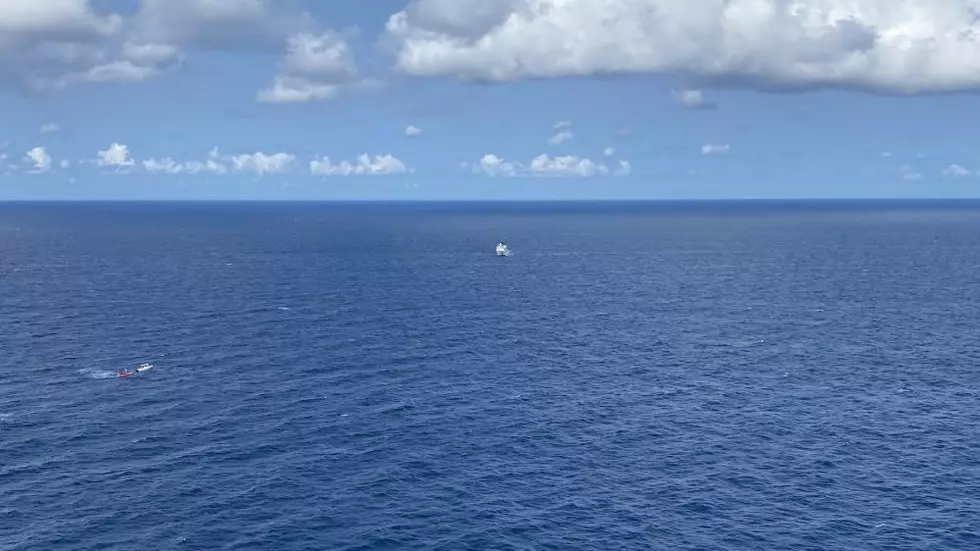

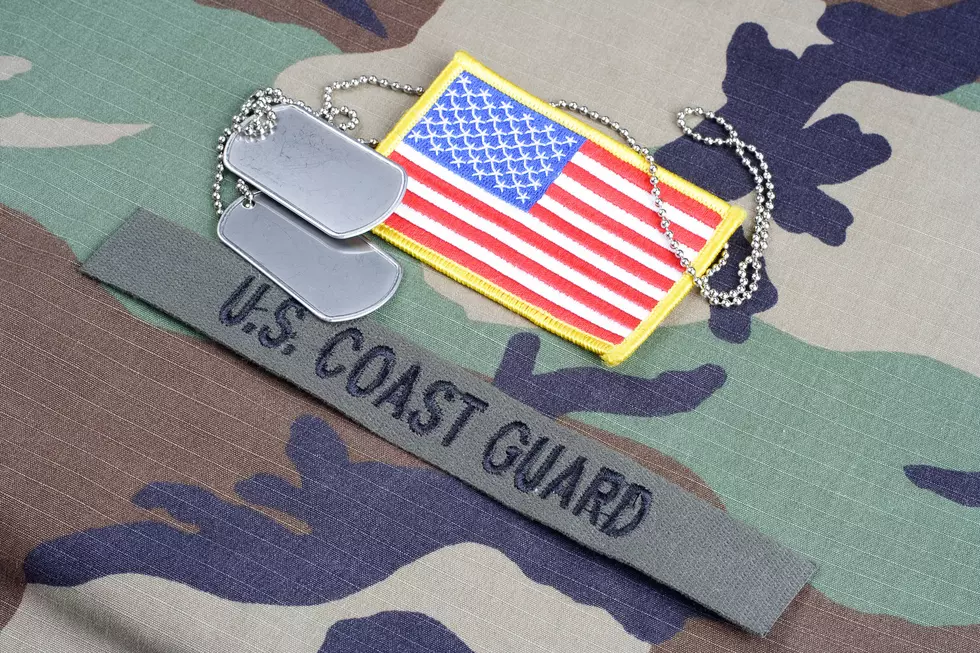


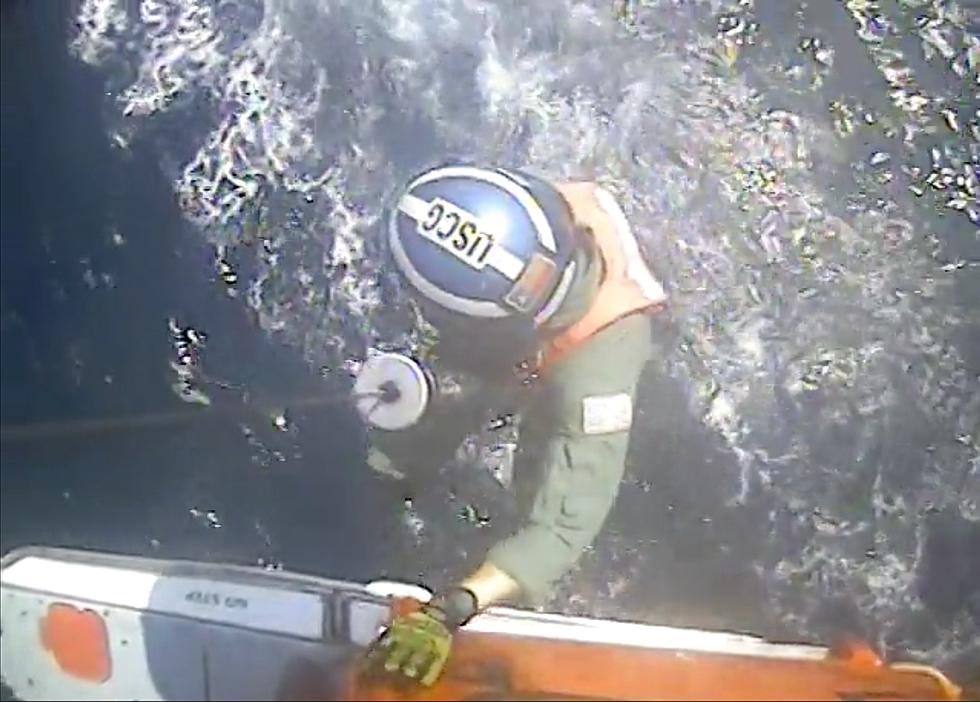
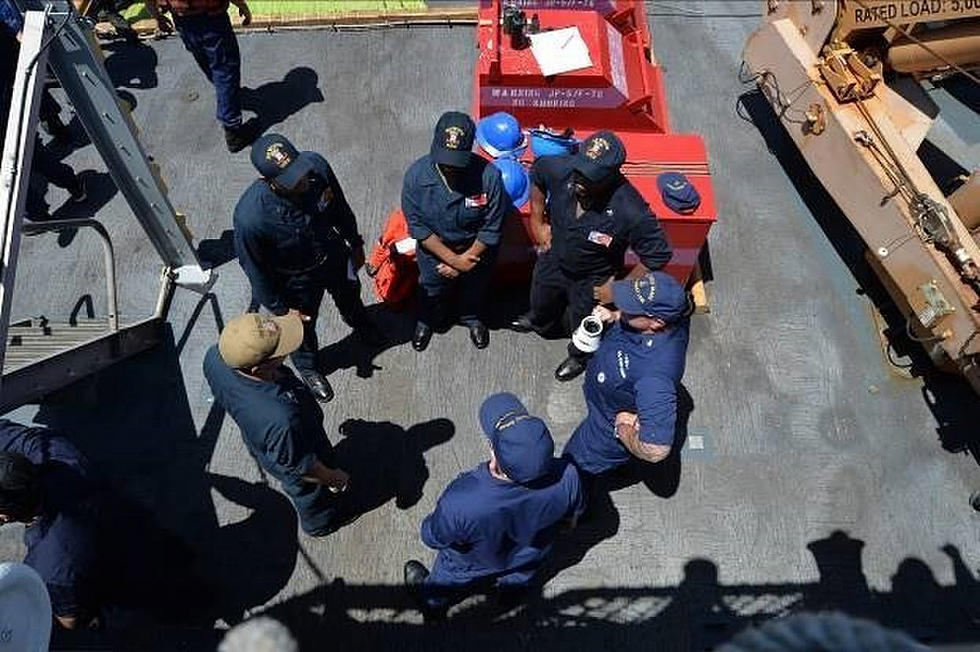
![Coast Guard Rescues Fisherman From Burning Boat Off Barnegat Inlet [Video]](http://townsquare.media/site/394/files/2020/11/Coast-Guard-Burning-Boat.jpg?w=980&q=75)
